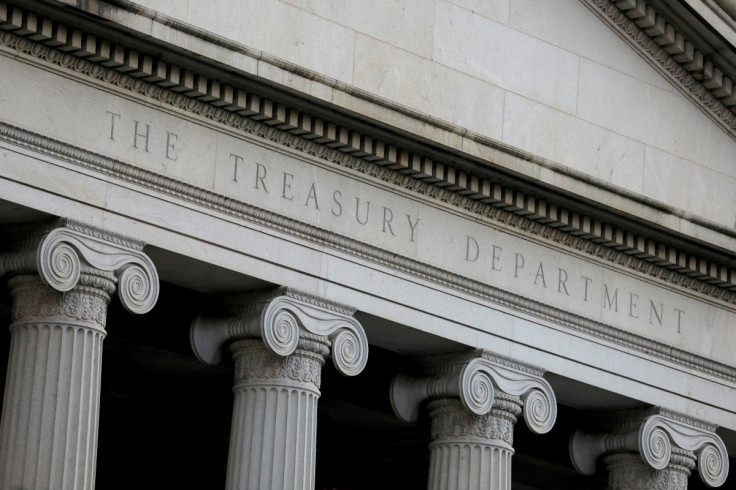US Intensifies Crypto Enforcement, Sanctions Ethereum Wallet Tied To Sinaloa Cartel

KEY POINTS
- Sinaloa Cartel members allegedly used an Ethereum wallet to move funds linked to the smuggling of fentanyl into the U.S.
- The Ethereum wallet became active in January and received approximately $740,000 in deposits in a two-month period
- Castro's assets in the U.S. will be frozen and citizens/residents will be barred from doing business with him
The U.S. Treasury's Office of Foreign Assets Control (OFAC) has sanctioned an Ethereum wallet of Mexican Jimenez Castro, which is believed to have ties to Mexico's notorious Sinaloa Cartel.
The OFAC identified Castro as the operator of a money laundering organization that utilizes digital currencies and wire transfers to move funds to Sinaloa Cartel leaders. The commission also alleged that members of the cartel used an Ethereum wallet to move funds linked to the smuggling of fentanyl into the U.S.
"Jimenez Castro reports directly to a Chapitos deputy and operates a money laundering organization that uses virtual currency and wire transfers, among other methods, to transfer proceeds from illicit fentanyl sales in the United States to Sinaloa Cartel leaders in Mexico," the Treasury Department said in a news release. "Jimenez Castro has directed U.S.-based couriers to pick up cash in the United States and deposit it into various virtual currency wallets for payment directly to the Chapitos and for reinvestment in fentanyl production."
The Ethereum wallet became active in January and received approximately $740,000 in deposits in a two-month period, according to data from blockchain analytics company Arkham Intelligence.
Ethereum wallet sanctioned by the U.S. Treasury pic.twitter.com/Vl7CRJxMPc
— techcentrik™ (@nicaIBTimes) September 27, 2023
Castro was added to OFAC's list of "specially designated nationals," which means his assets in the U.S. will be frozen and citizens or residents will be barred from doing business with him. The updated sanctioned list also includes Carlos' Ethereum address believed to be connected to illegal drug cartels.
"All property and interests in property of the designated individuals that are in the United States or in the possession or control of U.S. persons must be blocked and reported to OFAC. In addition, any entities that are owned, directly or indirectly, 50% or more by one or more blocked persons are also blocked," the news release read.
"Treasury prioritizes the disruption of illicit fentanyl trafficking as part of the whole-of-government effort to address the opioid public health crisis plaguing the United States," Brian E. Nelson, under secretary of the Treasury for Terrorism and Financial Intelligence, said in the statement. "Today's actions show that Treasury and the Administration will continue to relentlessly target the criminal enterprises threatening international security and flooding our communities with fentanyl and other deadly drugs."
© Copyright IBTimes 2024. All rights reserved.





















